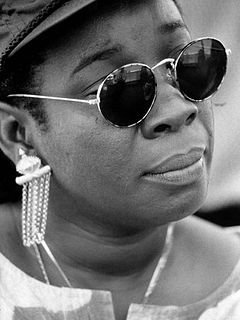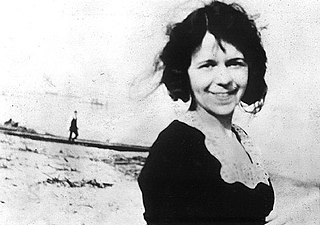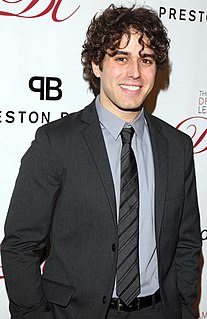A Quote by Ken Loach
When I was young, you were told that if you had a skill, you would find a job for life and you could bring up a family on the wage.
Related Quotes
If you had been poor in your last life I would have asked you to be rich when you come again. But you were rich. If you had been a coward, I would have asked you to bring courage. But you were a fearless warrior. If you had died young, I would have asked you to get life. But you lived long. So I shall ask you to come again the way you came before.
I had learned that there were substitutes for a mother who couldn't be a mother. You could find love with other people. You could find it in places you weren't even looking. But the original wound would never heal. I would carry it with me forever, and so would Tara. That was the trick . . . accepting it, going on with your life, knowing it was part of you.
Rage swept over her at being young, young and little, as if some evil fairy had put that spell on her. Why must you be locked up in this dreadful cage of childhood for twenty or a hundred years? Nothing in life was possible unless you were old and rich, until then you were only small and futile before your tormentors, desperately waiting for the release that only years could bring.
I don't think I would have been a good architect. Really, I have thought about this from time to time, and I might have wound up like my father, who never did find that which he could devote his life to. He sort of drifted from job to job. He was a traveling salesman, he was a bookkeeper, he was an office manager, he was here, there, there. And however enthusiastic he was at the beginning, his job would bore him. If I hadn't had the writing, I think I might have replicated what he was doing, which would not have been good.
I was kind of raised with the suggestion that I had a duty to do; that life was real, life was earnest. And I hated that, actually. I needed to be liberated, to be told that I could live the life that I wanted to live; that I didn't need a job, or to be shouted at; that I could be myself; that I could be happy.
I had in effect been thrown out of graduate school because I was a lousy graduate student, and I had to find a job, and I took the first job that came along. It happened to be a management trainee job in a life insurance company, and I just stayed. It was always, mainly, the idea was that I would support myself as a writer, and I knew I would have to have some sort of work, and it didn't make a whole lot of difference to me what it was. I mean, I could have been a paper hanger or something for that matter.
The Town Hall Pub on a Wednesday night was just regulars anyway, so we could play whatever. Worst case scenario, it would be the same seven people who were always at the bar getting drunk, and they would be there for us. But we just told our friends and family, and they came out to support us. Then they told their friends, who told their friends, who told their friends. It was a full-on event.
Since it is to the advantage of the wage-payer to pay as little as possible, even well-paid labor will have no more than what is regarded in a particular society as the reasonable level of subsistence. The lower ranks of labor will commonly have less, and if public relief were afforded even up to the wage-level of the lowest ranks of labor, that relief would compete in the labor market; check or dry up the supply of wage-labor. It would tend to render the performance of work by the wage-earner redundant.





































